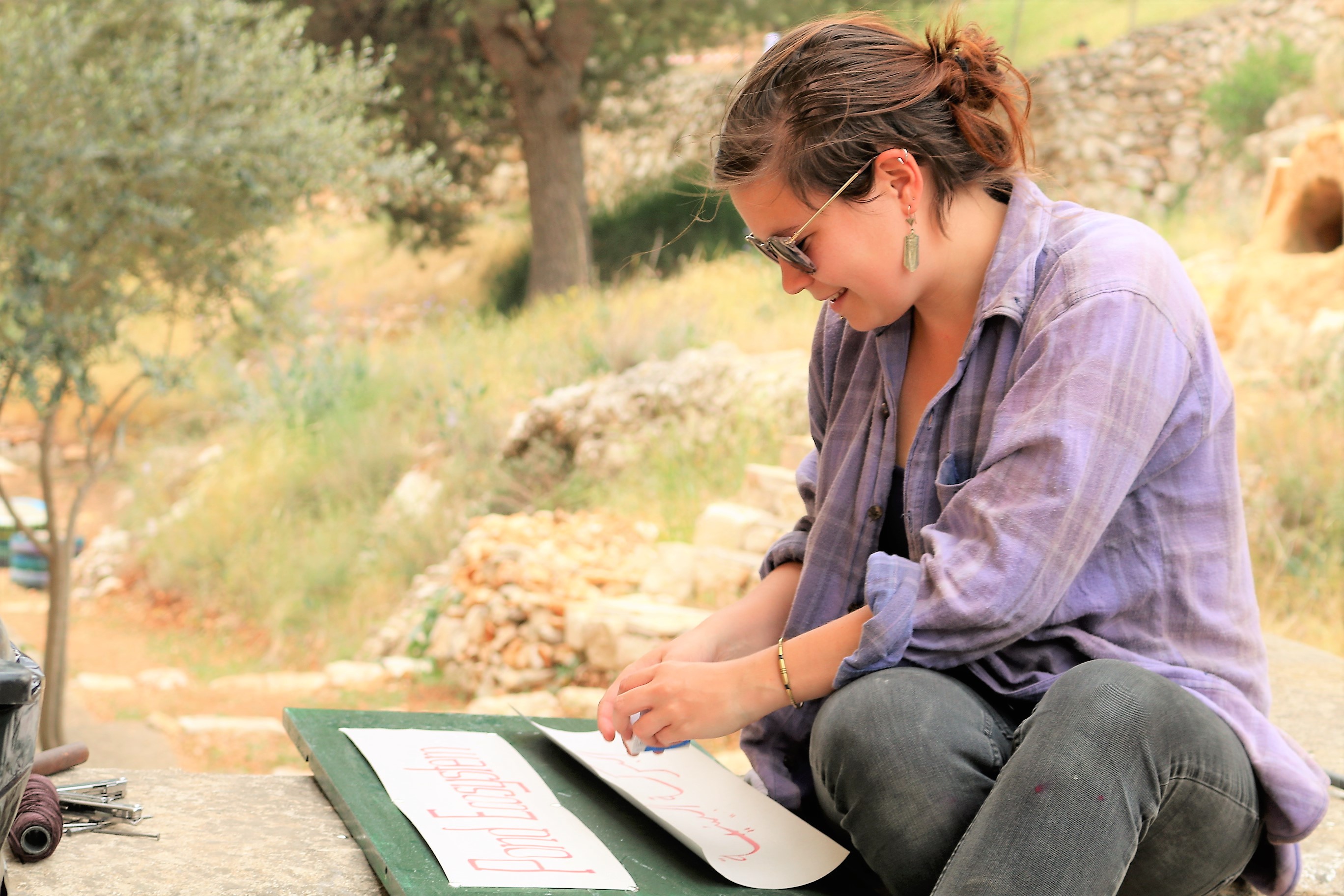Guidelines for our work
Ethics
Ethics are critical in our operations. Please read these guidelines.
(Adapted from Shamoo A and Resnik D. 2009. Responsible Conduct of Research, 2nd ed. New York: Oxford University Press. See here.)
Honesty
Strive to avoid bias in experimental design, data analysis, data interpretation, peer review, personnel decisions, grant writing, expert testimony, and other aspects of research where objectivity is expected or required. Avoid or minimize bias or self-deception. Disclose personal or financial interests that may affect research.
Objectivity
Strive to avoid bias in experimental design, data analysis, data interpretation, peer review, personnel decisions, grant writing, expert testimony, and other aspects of research where objectivity is expected or required. Avoid or minimize bias or self-deception. Disclose personal or financial interests that may affect research.
Integrity
Keep your promises and agreements; act with sincerity; strive for consistency of thought and action.
Carefulness
Avoid careless errors and negligence; carefully and critically examine your own work and the work of your peers. Keep good records of research activities, such as data collection, research design and correspondence with agencies or journals.
Openness
Share data, results, ideas, tools, resources. Be open to criticism and new ideas.
Respect for Intellectual Property
Honor patents, copyrights, and other forms of intellectual property. Do not use unpublished data, methods, or results without permission. Give credit where credit is due. Give proper acknowledgement or credit to all contributions to research. Never plagiarize.
Confidentiality
Protect confidential communications, such as papers or grants submitted for publication, personnel records, trade or military secrets, and patient records.
Responsible Publication
Publish in order to advance research and scholarship, not to advance just your own career. Avoid wasteful and duplicative publication.
Responsible Mentoring
Help to educate, mentor, and advise students. Promote their welfare and allow them to make their own decisions.
Respect for colleagues
Respect your colleagues and treat them fairly.
Social Responsibility
Strive to promote social good and prevent or mitigate social harm through research, public education, and advocacy.
Non-Discrimination
Avoid discrimination against colleagues or students on the basis of sex, race, ethnicity, or other factors that are not related to their scientific competence and integrity.
Competence
Maintain and improve your own professional competence and expertise through lifelong education and learning; take steps to promote competence in science as a whole.
Legality
Know and obey relevant laws and institutional and governmental policies.
Animal Care
Show proper respect and care for animals when using them in research. Do not conduct unnecessary or poorly designed animal experiments.
Human Subjects Protection
When conducting research on human subjects, minimize harm and risks and maximize benefits; respect human dignity, privacy, and autonomy; take special precautions with vulnerable populations and strive to distribute the benefits and burdens of research fairly.

Guidelines
Travel expense reimbursement for out-of-town volunteers
With prior approval, volunteers from outside the Bethlehem district may receive some assistance for transportation costs (only public transportation). Volunteer travel assistance forms listing associated travel expenses by dates and cost are due at the end of each month. Return the form to the volunteer coordinator (currently Jessie). Jessie with group facilitators (see below) is responsible for ensuring volunteers log in and out and volunteers are active and efficient in their assigned tasks.
Group leaders/facilitators
Each group must have a leader/facilitator. He/she is responsible for the submission of a briewritten report every two weeks to the group as a whole. This person also ensures the productivity of the group and coordination with the volunteer coordinator (currently Jessie) to ensure the appropriate use of facilities.
Reading and personal study
Reading is paramount. We encourage you to read books, internet sites, and any material you can get your hands on relating to the Museum’s work and especially your own area of interest. Read also these guidelines.
Library
Library books may be read while at the Museum or checked out. Books checked out and returned must be recorded in the logbook. The check-out period should be limited to one month. Further extension should be approved by Dr. Mazin.
Prep room for insects
Please keep the insect prep room and cabinet drawers clean and organized after each use and at the end of each day. All specimens must be labeled appropriately. Any specimens and lab supplies kept in the refrigerator should be properly labeled so that they do not get thrown away during cleaning.
Exhibit room
Ideas for exhibits are welcome. To testexhibit ideas, only group leaders/facilitators can take decisions with the approval of Dr. Mazin, especially in relation to any supplies/materials that are needed to properly assemble and displaythe exhibits..
Research room and lab equipment and supplies
Please keep the research room and cabinet drawers clean and organized after each use and at the end of each day. Always take good care of everything you use, especially the expensive lab equipment. All microscopes should be covered when not in use. Please keep the research room door closed.
Computers and informatics
The computer in the Library is for downloading articles and working on draft reports etc. to build our PDF files of material. The computer in the Insect room is for downloading photos, organizing work etc. This PC also has our electronic catalog which must be updated at least weekly. No food is allowedaround the computers.
Office equipent and resource
Always take good care of everything you use and make sure to return it to its proper location.
Field equipment and supplies
A checklist of field equipment and supplies will be prepared. Field trip leaders should fill out a checklist indicating the items taken to the field. Give the checklist to the museum finance coordinator (currently Jessie) prior to the field trip. Upon returning from the field trip, an inventory should be taken to insure all items are returned. Missing items should be reported to the museum finance coordinator and reasons documented.
Kitchenette area
Please clean each dish or cup you use immediately after using. Regular volunteers should not use disposable cups (these are for visitors) in order to generate less waste.
Animal room
The animal room is for processing animal specimens collected in the field before they are taken to the research room for further mounting and studying. Please keep the room clean and organized for the next users Waste
Museum building and exterior ground
Our goal is zero trash on the Museum floor and Museum grounds (not even a cigarette butt). If you see any pieces of trash especially at the entrance to Mar Andrea campus due to street trash blowing in large or small please pick them up and put them in the nearest trash bin. If you see anyone littering (cigarette butts, snack wrapping, tissue, cups, bottles, cans, etc.), please politely approach that person and ask them to pick it up and put it in the nearest trash bin.


